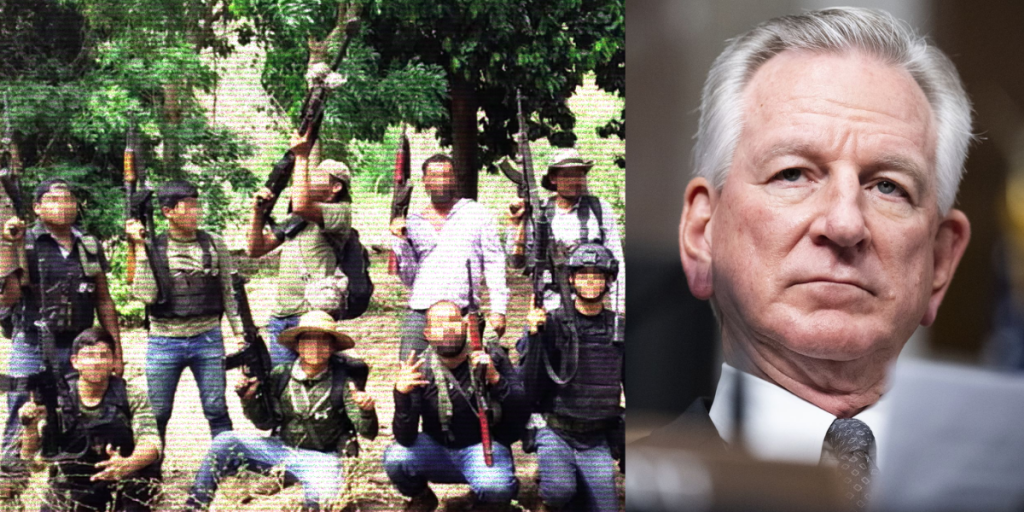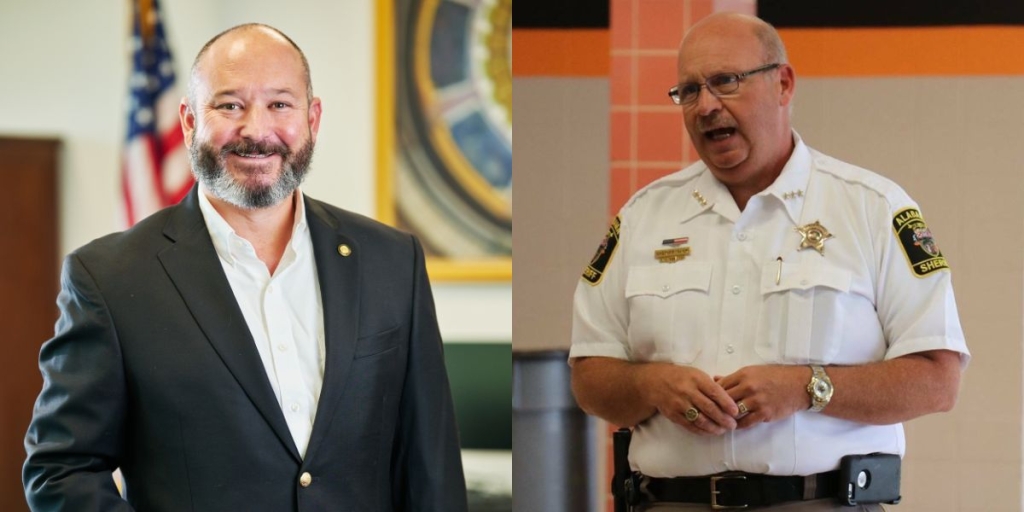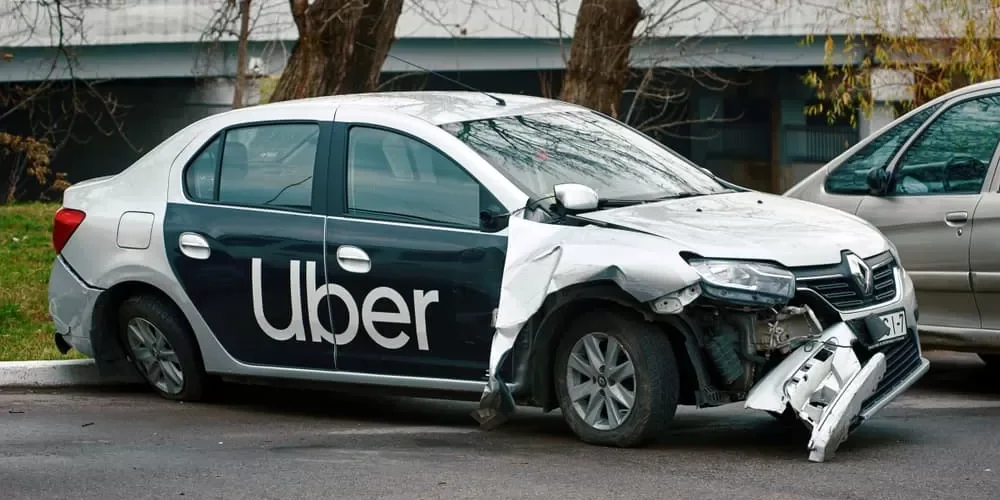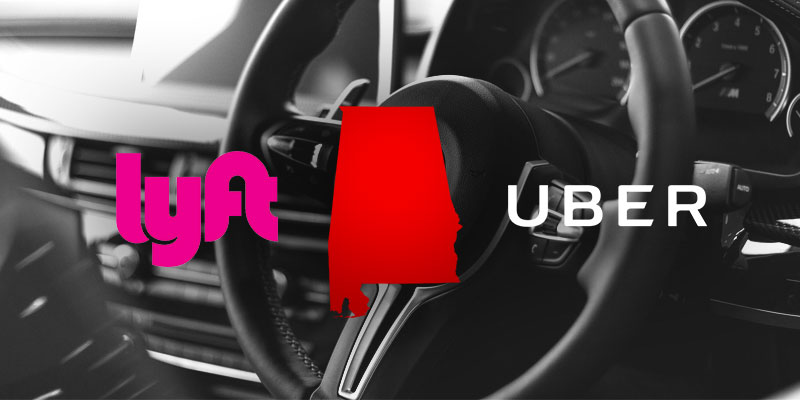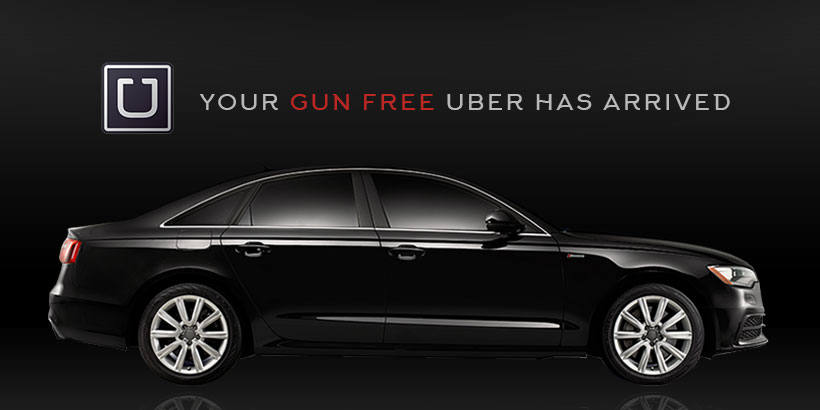
MOBILE, Ala. — Just as they began to set up shop in Alabama, app-based transportation service Uber has enacted a ban on firearms for both drivers and passengers.
According to the company’s website, the ban was enacted “to ensure that everyone using the Uber digital platform—both driver-partners and riders—feels safe and comfortable using the service.”
In an email to the website The New Republic, Uber representative Matt McKenna explained that the company “made this policy change after assessing existing policies and carefully reviewing recent feedback from both riders and driver-partners.”
Any person found to be in violation of the new company policy will potentially lose access to the increasingly popular app. Prior to June 10, when the change was made, Uber’s policy required its drivers and passengers to abide by local, state and federal laws regarding firearms being transported in cars.
The company began to consider a change after the Chicago Sun-Times reported that prosecutors said an unidentified Uber driver with a concealed-carry permit fired off several shots after seeing a man open fire in a group of people. The driver was never charged.
Lyft, Uber’s rival, already had a strict “no weapons” policy in place with similar consequences for drivers and riders in violation.
Founded in 2009 in San Fransisco, the ridesharing program allows riders to summon a car through an app on their phone. Though it has come to be widely used in larger cities like Washington, D.C. and New York, some cities, including Birmingham, have bowed to the pressure from taxi cab unions to keep the service out. Mobile, on the other hand, has welcomed the company with open arms.
This past Regular Legislative Session, HB 509, filed by Rep. Jack Williams (R-Vestavia Hills), would have allowed companies such as Uber to operate as “transportation network companies” — separate from taxi or limousine services. Such companies would have been subject to Alabama Public Service Commission oversight, but the bill never made it to the floor.




